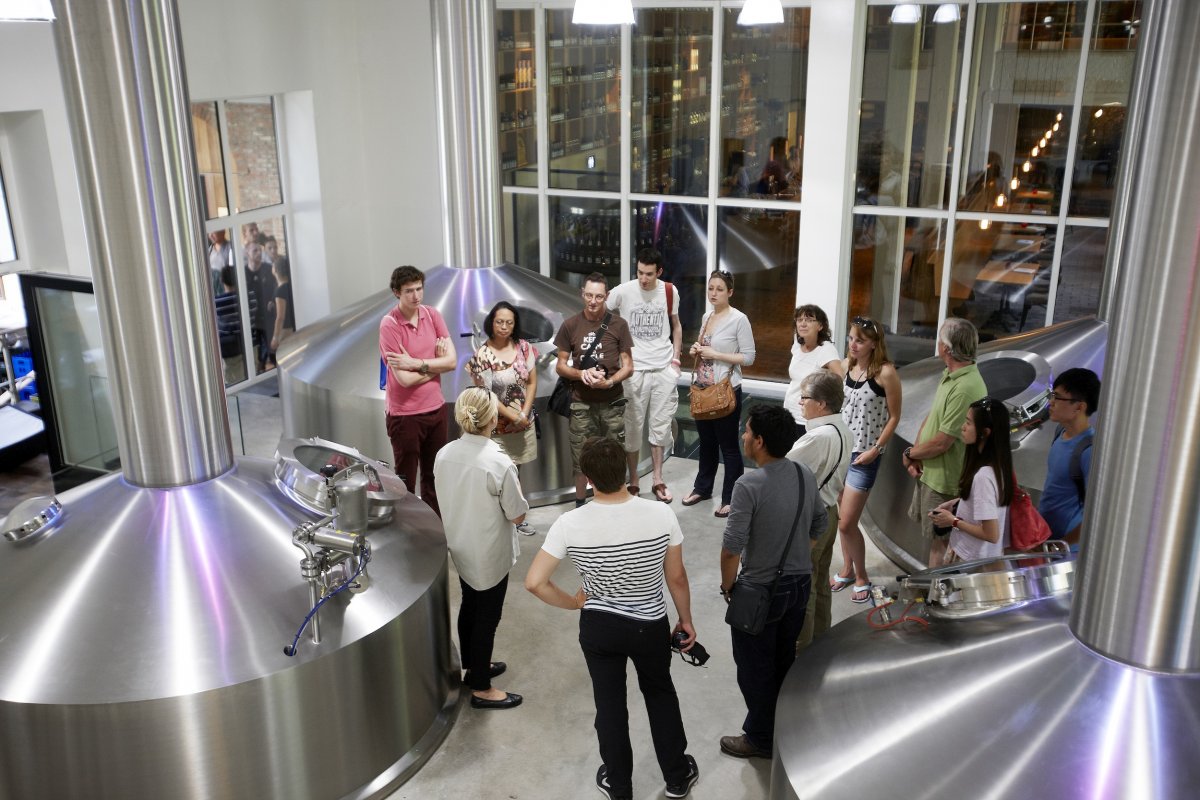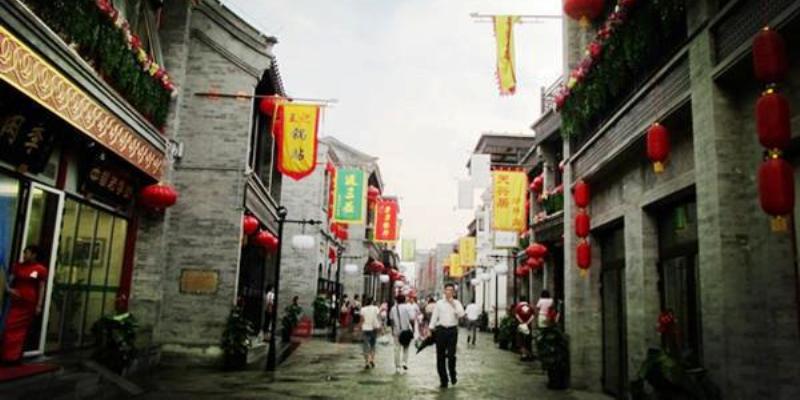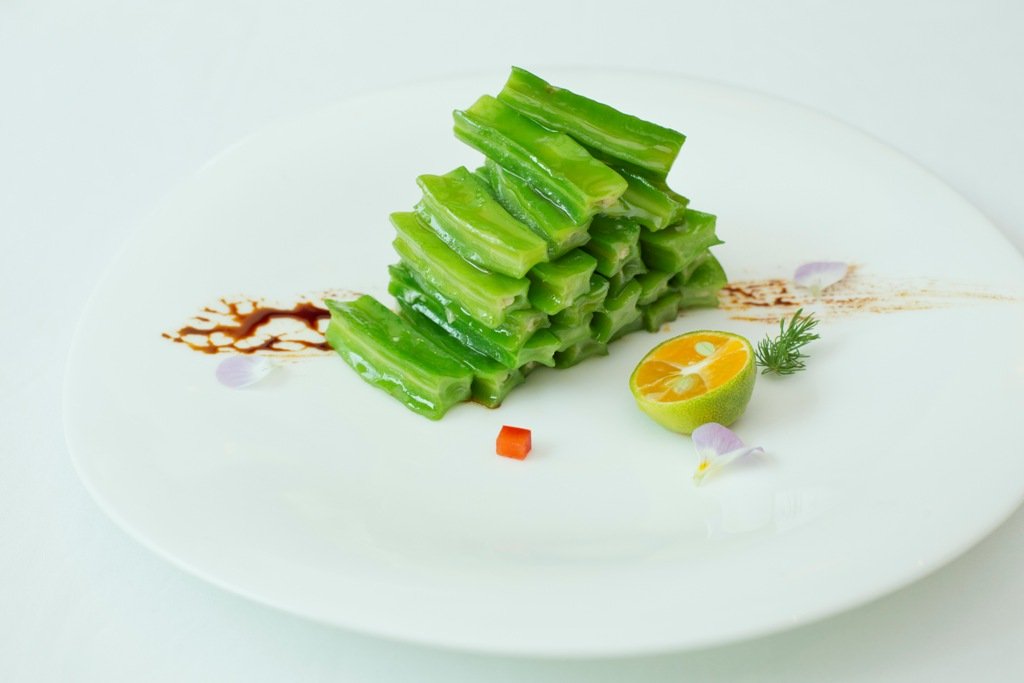Many foreigners were spooked by a spate of drug raids that hit several popular Beijing bars earlier this year, though even the most cautious among us chalked that up to heightened security surrounding the One Belt, One Road summit. However, even more extensive measures have been taken in the months following, according to a pair of recently deported foreigners who are left to warn their fellow expats to be extra cautious.
“People should know that they’re willing to go into your office, and it doesn’t matter how respectable your work is,” one of the deported expats, who hails from Canada and spoke on condition of anonymity, tells the Beijinger about how China’s anti-drug efforts extend far past random bar raids.
Officers arrived at the Canadian expat’s office, where he works in middle management, last month, telling him that they “knew” for certain that he “did drugs.” When he denied, the officers escorted him to the nearest bathroom, and he says they “Forced me to do a urine test. No other explanation.”
However, it didn’t take long for the Canadian to surmise why the authorities had tracked him down: The night before he had sent two text messages to a friend who is a suspected drug dealer.
After that, the officers promptly brought him to the Chaoyang District central police station, where they had him do another urine test for which he tested “weak positive” for marijuana.
“I had pleaded a lot up to that point, explained that I'm a positive contributing citizen with a good job and I don't do drugs,” he recalls, before adding that the officer wanted to go to his home to search for drug paraphernalia, and if none was found he’d be free to go. They found nothing, and “I was off the hook. I nearly peed myself, and was massively relieved.”
To his dismay, though, his troubles didn’t end there. That weekend he invited over a few friends, including an American expat, over to help another pal assemble a computer. They were expecting more company and weren’t surprised to hear a knock at the door, until they opened it to find 12 plainclothes officers, who quickly entered. Everyone inside, including the Canadian expat’s Chinese girlfriend, were ordered to take urine tests. The Canadian and his American friend both failed that drug test.
“The officers tried to make a deal with me: if I help them catch the dealer, I'd be off the hook,” the Canadian says, adding that he complied and “sold out my friend” whom he had received text messages from a few nights before. Of the suspected dealer who had texted him, the Canadian said: “He had not been caught, they knew his messages remotely without his knowledge. They knew I was in touch with him, but he didn’t know.”

Having failed the drug test, both the Canadian and the American were then taken from the apartment to the police station. The Canadian recalls being questioned by the officers, during which, “I admitted to being given some narcotics by him, but denied buying them, insisting it was in return for paying for drinks at a bar.” He then signed a written statement to that effect and underwent a full criminal record profile that took his finger prints, palm prints, weight, and height. After that, the authorities said they would give him five days of attention, with no mention of further punitive action.
A similar spiel was given to the American, who told TBJ(he also granted an interview on the condition of anonymity): “I was told I would serve five days and then be able to return to my apartment. But after three or four days, they told me I was deported and banned.”
The Canadian was surprised to be given the same grim news in that period, along with a formal notice from the Beijing Public Security Bureau (PSB; 北京市公安局 in Chinese) that said he was deported and banned from returning to the Mainland for five years. Here’s that document in full, in Chinese, with his private information blurred:

The tumultuous experience has prompted the deported American to warn other expats: “Really my advice would be to walk on eggshells. Avoid trouble altogether.”
The Canadian agrees, adding that he is having as much trouble contending with his future job prospects as having to leave to China, where he resided for a decade. He is now worried about finding other work and not being able to get references from his former employer because of his arrest and deportation. The ordeal also leads him to believe that detained expats can’t hide behind or rely on status or anything else to stave off such consequences. He says “I’m a mid-level manager at a big company, and that didn’t matter. I was also detained with a fellow Canadian that worked for a media agency, and he was cuffed and taken away.”
Bruce Fan, a lawyer at the Join-Win Shanghai law firm – which has numerous expat clients – says "the general rule is 'zero tolerance'" when it comes to drug crime on the Mainland. He goes on to describe the authorities here as being very restrictive and adds that both expats interviewed for this story may very well have enjoyed leniency, as difficult as that is for them to see, because "Violating laws or regulations by expats may face deportation and even worse, prison time."
What's more, Fan says: "The deportation decision is an administrative decision subject to no judicial review. Once it's made, you are gone."
Now that that sentiment has been lived out for both of the deported expats interviewed for this story, they hope that other foreigners keep it in mind, and remember that raids and busts don’t just happen rarely and randomly at bars. Or, as the American expat puts it: “I just hope this story helps someone.”
More stories by this author here.
Email: kylemullin@truerun.com
Twitter: @MulKyle
WeChat: 13263495040
Photos: everythingpr.com, Wikimedia Commons, courtesy of the interviewee, phys.org



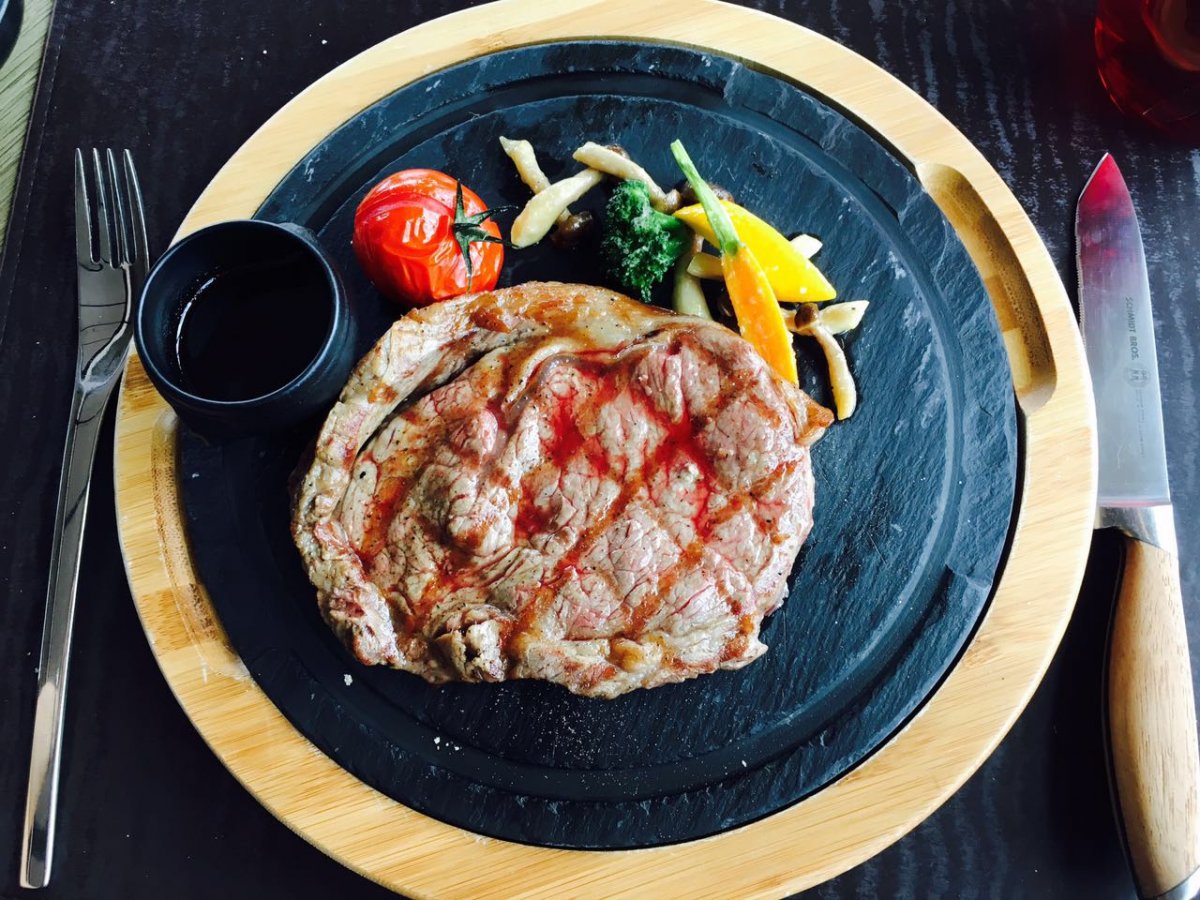













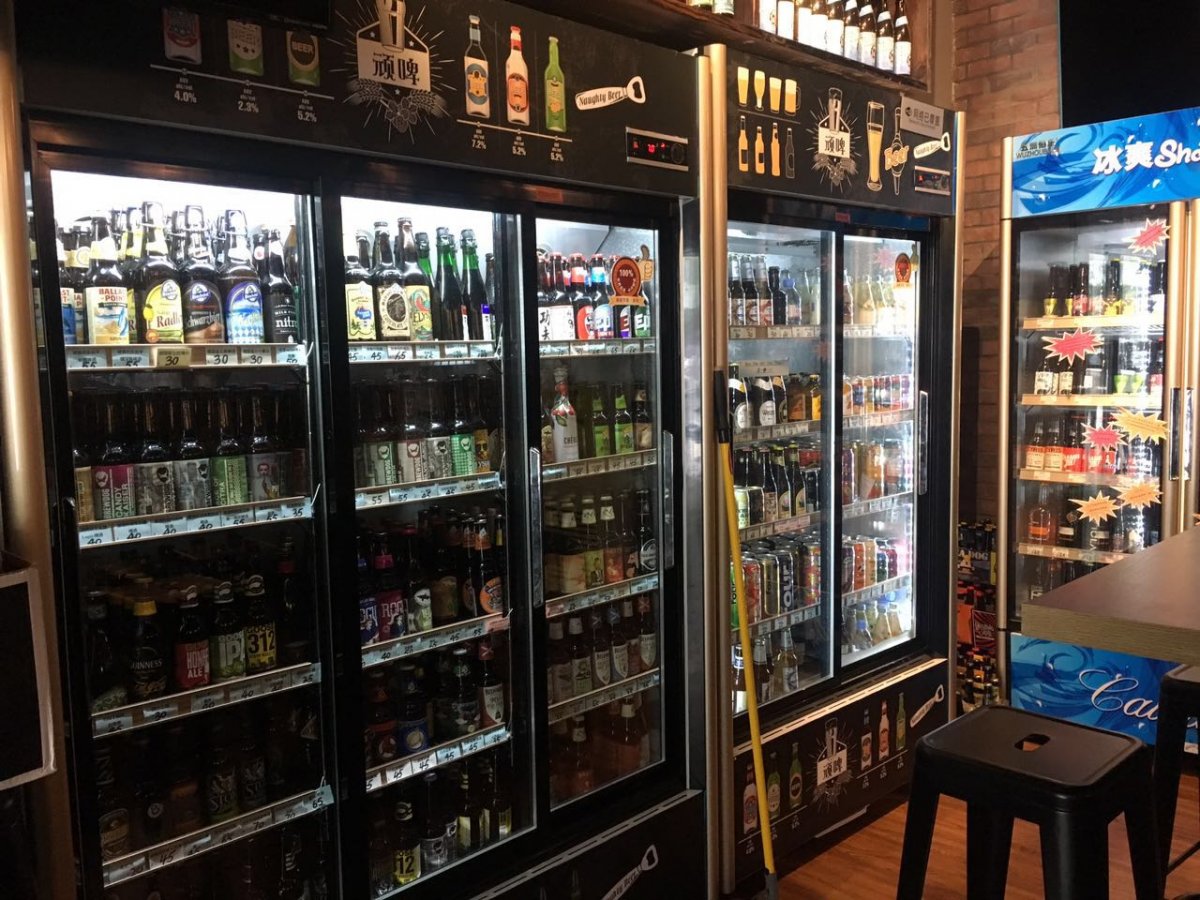

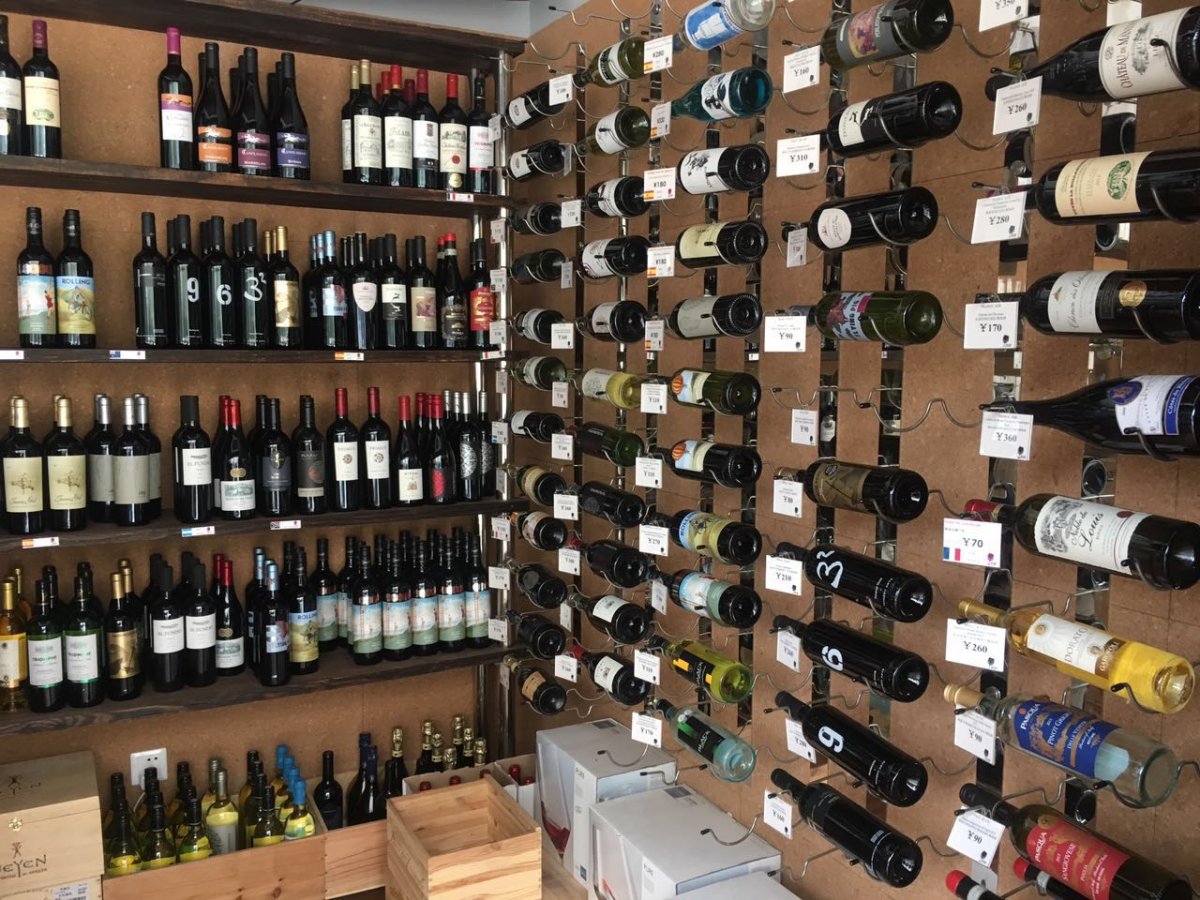












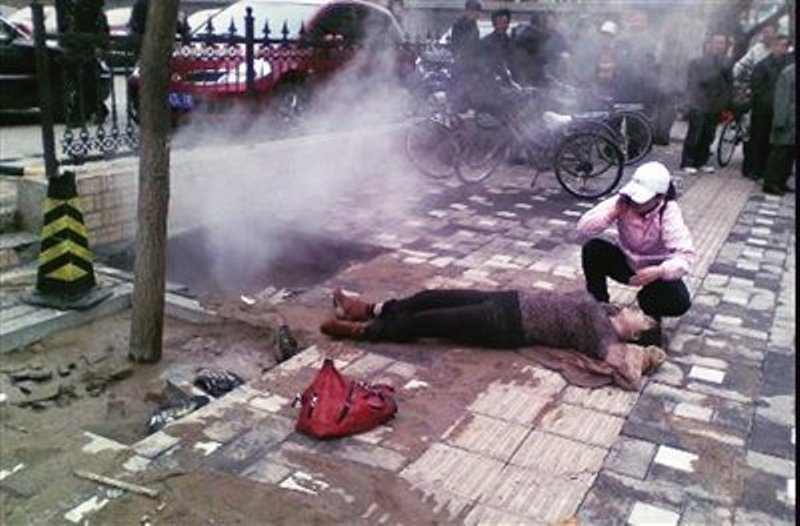










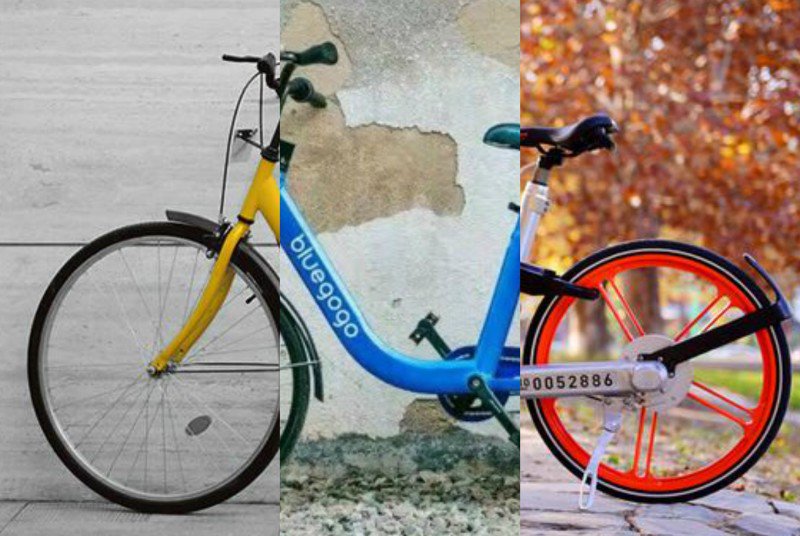

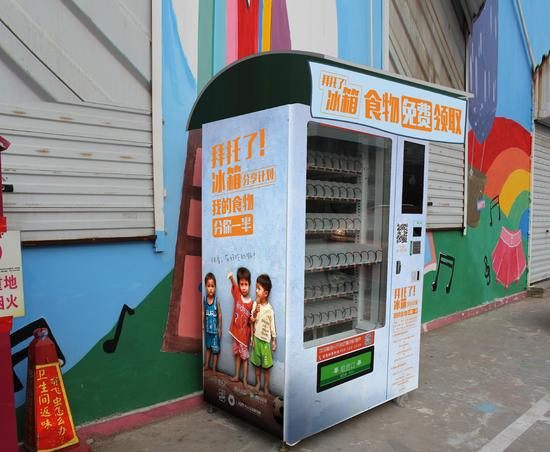

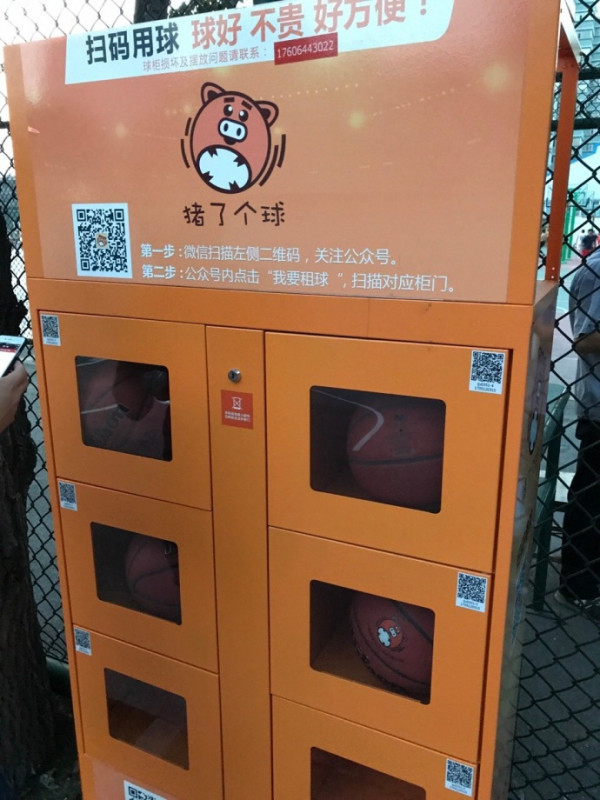































 Liquids at Burgerwich prevail at reasonable prices: 11 types of mojito with different base mixers ring in at RMB 45. Or you can choose between 27 kinds of
Liquids at Burgerwich prevail at reasonable prices: 11 types of mojito with different base mixers ring in at RMB 45. Or you can choose between 27 kinds of 





